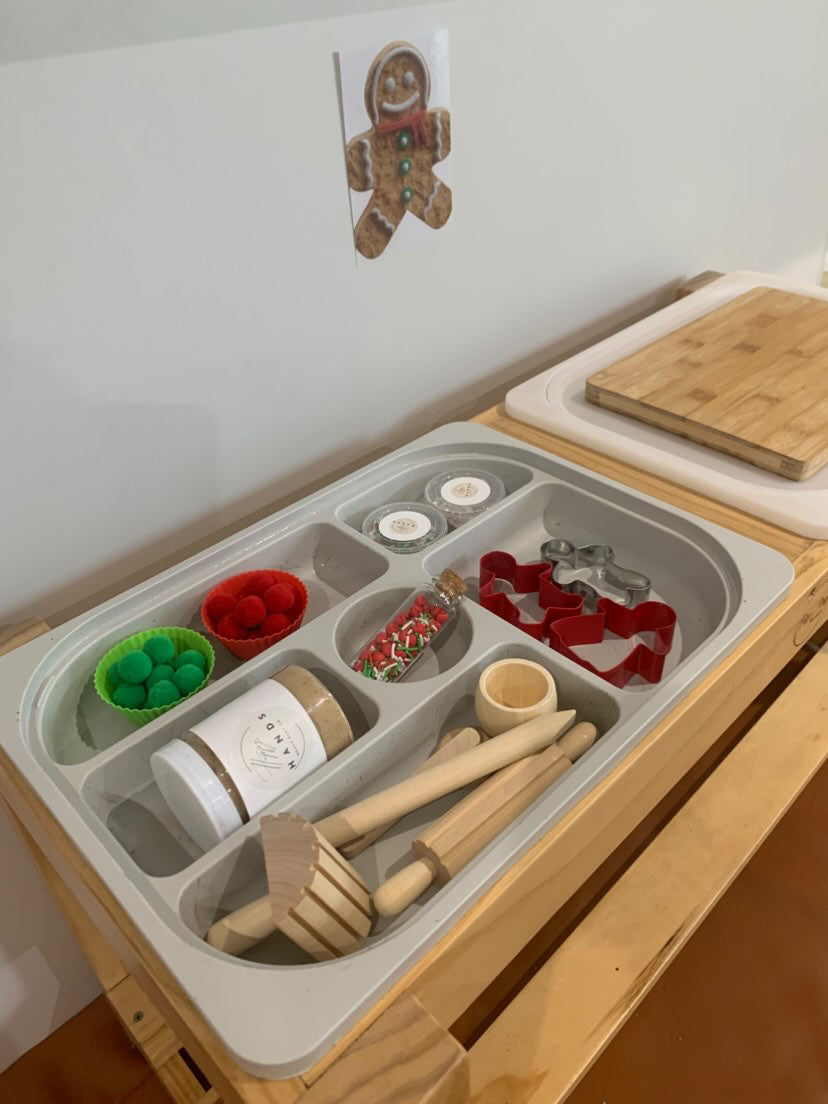
Unlocking Learning Through Play: A Guide for Parents
Share
In the first seven years of life, children learn more rapidly than at any other time. Play is crucial during this period, as it provides the foundation for cognitive, social, and emotional development. By understanding how children learn through play, parents and educators can create enriching environments that support growth, particularly by considering each child’s unique interests and the world around them.

The Power of Play in Early Childhood
Play is the primary way children explore and make sense of the world. It enables them to develop essential skills such as problem-solving, creativity, and social interaction. The Zone of Proximal Development (ZPD), a concept introduced by psychologist Lev Vygotsky, is key to understanding how play facilitates learning. ZPD refers to the difference between what a child can do independently and what they can achieve with guidance. By engaging children in play that challenges them just beyond their current abilities, parents can effectively support learning and development. As an educator and Parent myself, I understand that this task is tedious and something as parents, we don't have time for. That's why I have created the subscription box. [ Coming Soon]. Make sure you're on the mailing list to receive updates about the release.
Harnessing Key Interest Areas
Every child has unique interests and strengths. Tailoring play experiences to these interests not only makes learning more enjoyable but also more effective. For instance, a child fascinated by building can learn math and physics concepts through block play, while a child interested in animals can develop language skills through storytelling and role-play.

The Role of Sensory Play
Sensory play is particularly beneficial for children with Autism and ADHD. It supports emotional regulation by providing a safe space that caters to their sensory input needs. Activities such as playing with sand, water, or textured materials help children process sensory information, making it easier for them to engage in learning activities. Sensory play tailored to a child’s interests can transform challenging situations into opportunities for growth and development.
Our Unique Approach
At Happy Hands Messy Play Co, I understand the importance of play-based learning. Our subscription boxes are designed to incorporate the principles of ZPD and sensory play, ensuring that each activity is developmentally appropriate and aligned with your child’s interests. By offering personalized play experiences, we help children thrive and reach their full potential.
Understanding how play fosters learning in early childhood is essential for parents and educators. By focusing on key interest areas and incorporating sensory play, we can create environments that support children's growth and development.

